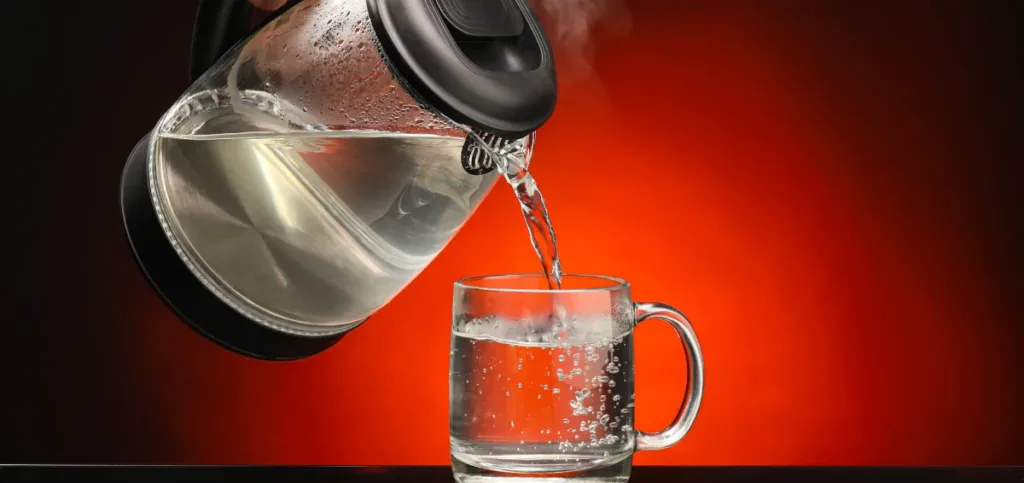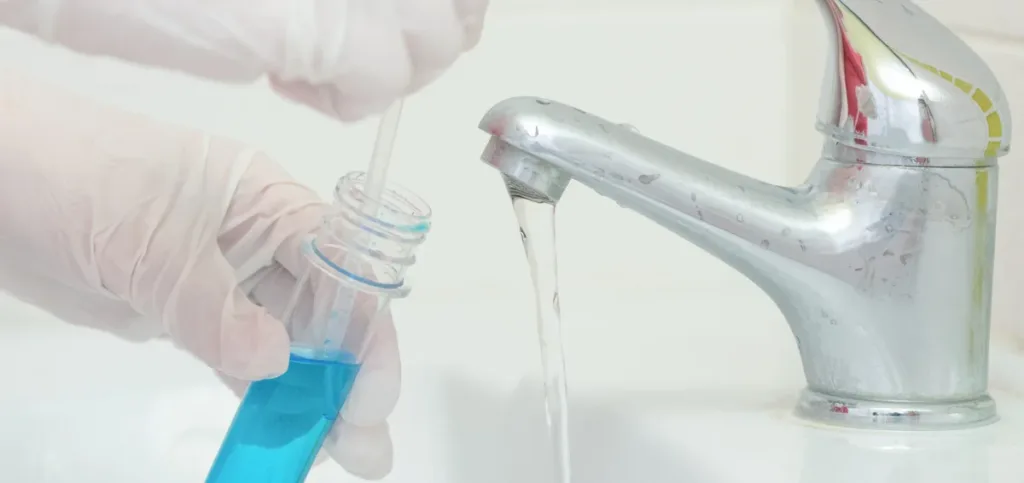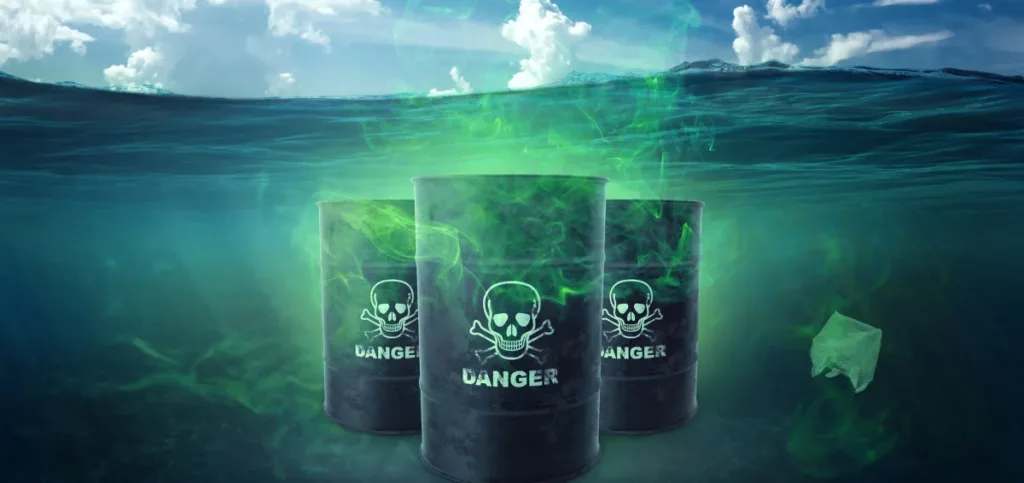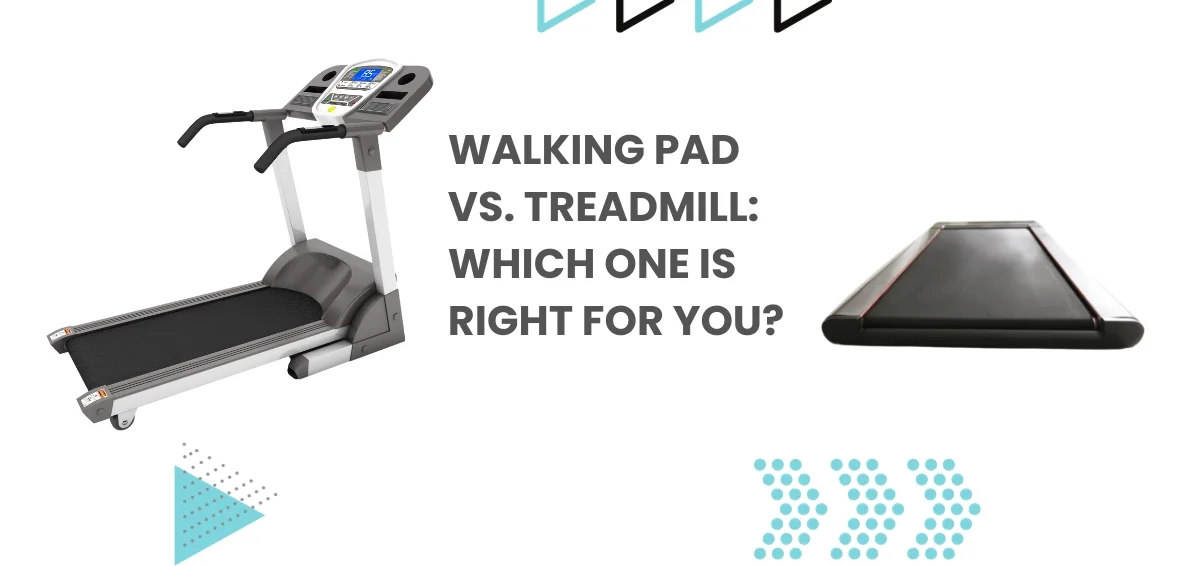
Almost everyone has experienced temporary stomach discomfort after gulping a glass of water. But if you experience it every time you drink it, it can point to something else. The major reasons behind it can lie in the kind of water and how you are drinking. Drinking speed, the amount of liquid you take at once, and the water temperature all play a role in this.
Stomach aches after drinking water are common. But if they’re becoming a regular occurrence, you might want to check your water quality. Keep reading to find out all the possible causes of discomfort after drinking water.
Causes of Stomach Pain After Drinking Water
1. You Are Drinking Very Fast

Drinking water quickly never does your body good. Granter, you are thirsty, but you don’t want to experience prolonged discomfort afterward. Drinking water quickly dilutes the electrolytes in your blood. One of the electrolytes that gets diluted is sodium, which is responsible for water movement into the brain cells. This causes the brain to swell up, which, in turn, can make you vomit or experience nausea after stomach discomfort.
Another simple reason why you experience stomach pain after drinking quickly is that it makes you take in too much air at once. This causes bloating and discomfort.
Must Read: Cranberry Juice and Apple Cider Vinegar for Weight Loss Reviews
2. You are Drinking Too Much Water at Once

Drinking too much water at once is another common cause of stomach discomfort. Drinking more water than your stomach can handle can stretch it beyond its capacity, leading to pain.
In severe cases, it can even lead to water poisoning. This occurs when greater amounts of water in the brain cells cause it to swell. This puts pressure on the brain. Sometimes, you may even experience drowsiness, headaches, and confusion after drinking too much water at once. Sodium is an electrolyte whose function is impacted when you overhydrate yourself. When sodium levels drop due to greater water in the body, it can lead to hyponatremia. Sodium maintains the balance of fluids coming and going out of the cells. So, it is essential to drink the right amount of water at the right pace.
3. You are Drinking Either Chilled Water or Too Hot

Drinking a glass of cold water on a hot summer day or after working out perfectly quenches our thirst. Similarly, drinking hot water on a cold day gives us a surge of warmth. However, drinking too hot or chilled water may not always be the best thing for your stomach.
Water that’s too cold contracts the blood vessels and negatively affects digestion. When you drink this water, your body exerts energy to regulate the body temperature. It diverts its energy from processes like digestion, which can be a cause of stomach discomfort. It also leads to constipation, which is another source of stomach discomfort. This is because when you drink water that’s too cold, it solidifies and hardens the food in your stomach. This makes it difficult for excess food to get eliminated from the body.
Consuming very hot water also messes up digestion and causes stomach discomfort. It irritates the stomach lining and can cause gastritis. Moreover, drinking scalding hot water can also cause you to sweat more. This, in turn, causes increased sweating, which makes you drink more water.
4. You are Drinking Water That has Arsenic

Arsenic is present in rocks in the earth’s crust. But it can also be found in some water drinking supplies. If the water that you drink has arsenic, it can cause stomach pain as a short-term effect. In drinking water, arsenic can come from natural deposits. It can also come from runoff from industrial, mining, and agriculture processes.
High levels of arsenic in your water are dangerous for your health. Stomach pain is just a short-term consequence. Over time, drinking water with arsenic can make you prone to certain types of cancer, such as skin, lung, kidney, bladder, and liver cancer.
5. You are Adding Irritants to Your Water

Many people add lemon to their daily glass of water in the morning. Lemon helps cleanse the system better. However, it might not always be the right choice for everyone. This is especially so for those who already have poor digestive health. Adding things like berries or fresh fruit to water can disturb its pH, making it more acidic. This, in turn, can cause acid reflux, bloating, and even nausea.
Similarly, it is best to avoid additives like artificial sweeteners in your water. These can cause issues like bloating and cramping because your gut cannot properly absorb them, which causes gas and other problems.
Read Also: How to Make Lemon Verbena Tea?
6. You are Drinking on an Empty Stomach

Drinking water on an empty stomach is recommended by many health professionals. It increases your metabolism and gives sustained energy levels. However, for some people, it can be the cause of stomach pain. Your stomach expands when you drink water on an empty stomach. It expands to an extent like it does when you are ingesting food. So, it triggers the release of more acid to break down the food.
However, you are not eating food at all. So, the release of acids in the absence of any food to work with it causes the acid to move into the esophagus. It worsens the symptoms of GERD or leads to heartburn.
7. Your Water is Too Hard

Hard water means water with minerals like magnesium and calcium. These minerals are essential for our overall well-being. However, too many of them cause stomach discomfort. Magnesium causes the body to release more water into the colon, which in turn causes diarrhea and cramping. So, if you feel that your water might have a greater concentration of these minerals, it is best to remove them through a water softener.
8. Your Water Contains Toxic Pollutants

It may be possible that you are drinking unfiltered water. This water contains many toxic pollutants. Allergic reactions to them can cause stomach discomfort. The presence of pesticides, chlorine, and fluoride in water can lead to various stomach issues. At the same time, microbial pollutants like parasites and bacteria can cause more severe stomach issues. So, it’s best to check your water for them.
Final Thoughts
As you can see, there are several causes of stomach upset after drinking water. It’s important to keep yourself hydrated, but overhydration can have negative consequences on your health. Always drink water at room temperature. It is also a wise step to get your water checked for contaminants. This will ensure that you are drinking clean water, which positively affects your overall well-being.










